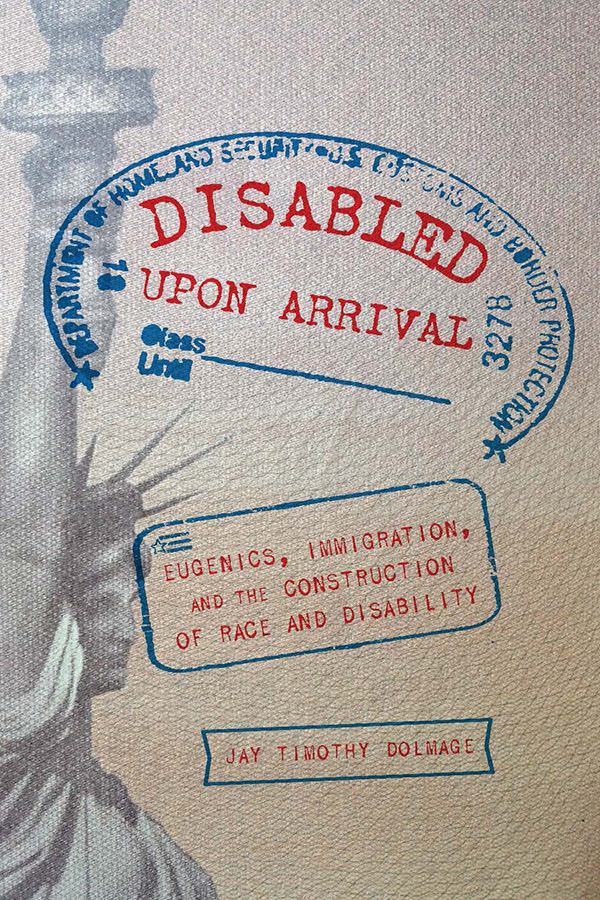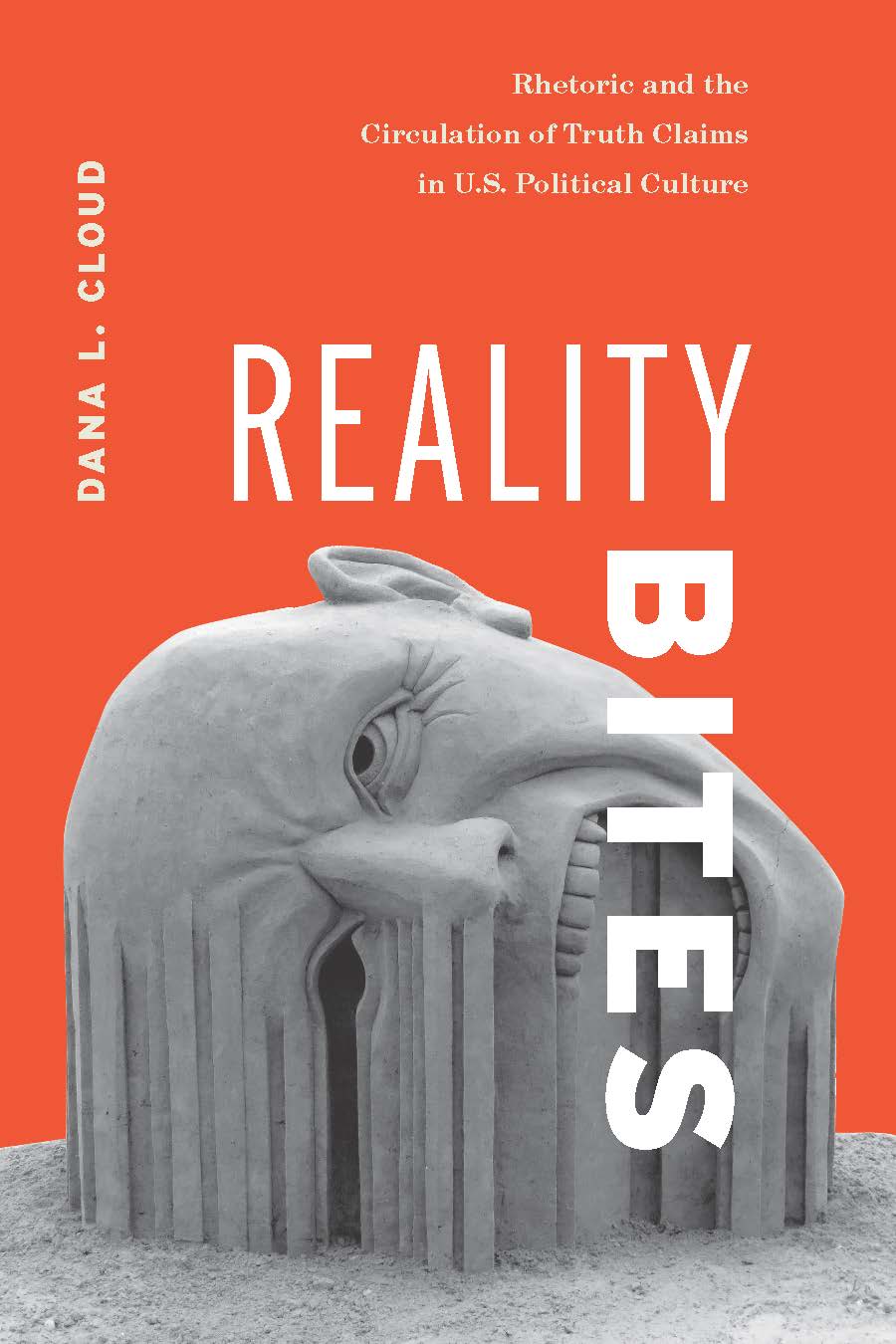“In deploying precarity as an analytic, the authors in this volume reveal an opportunity not only to recognize the historical conditions and discourses that destabilize our everyday lives, but also to engage ethically and relationally with one another.…Precarious Rhetorics is an important contribution to our scholarly attempts to grapple with the social, economic, and cultural transformations of the twenty-first century and how the inequities, devaluations, and material conditions of precarity might be theorized, made visible, and negotiated.”—Sarah Idzik, Rhetoric Review
“Ultimately, this highly recommended collection calls for recalibrating rhetoric toward an ethic of responsibility and relationality as a means of recognizing and cultivating inter-/intra-dependencies across difference and human and non-human agents. This much-needed project forwards rhetorical studies’ renewed focus on materiality and provides a vocabulary and set of critical interventions for unearthing and confronting the structures that enable, produce, and conceal inequities, vulnerabilities, and forms of slow violence, displacement, and dispossession—while never losing sight of the possibilities for resistance and coalition enabled therein, albeit with no guarantees.” —Southern Communication Journal
“This volume, the first of its kind, brings together some of the leading rhetorical scholars from both communication and composition in order to provide a comprehensive and compelling exploration of rhetorics of precarity.” —Karma R. Chávez, author of Queer Migration Politics: Activist Rhetoric and Coalitional Possibilities
“Compelling, convincing, and of urgent importance to our theorizing of precarity, relationality, rhetoric, affect, and new materialisms—the book is a pleasure to read and will make a vital contribution.” —Aimee Carrillo Rowe, author of Power Lines: On the Subject of Feminist Alliances
Across disciplines, scholars have employed theories of precarity to help explain the pervasiveness of problems related to labor, migration, biopolitics, global and state governance, economies of war and violence, poverty, environmental degradation, and a host of other pressing issues. Precarious Rhetorics is the first work to bring precarity studies to the field of rhetoric and communication—and to couple it with new materialist frameworks—in order to unearth and analyze the material conditions and structuring logics of inequality.
This collection features cross-disciplinary contributions from leading scholars, including the editors of the volume as well as James J. Brown Jr., Gale Coskan-Johnson, Ronald Greene, Lavinia Hirsu, Arabella Lyon, Louis Maraj, Sara McKinnon, Alexandra Schultheis Moore, Kimberlee Pérez, Margaret Price, Amy Shuman, Kristin Swenson, Becca Tarsa, and Belinda Walzer. Chapters emphasize a materialist-rhetorical approach while also drawing on feminist studies, women of color feminisms, affect studies, critical disability studies, critical race and ethnic studies, medical humanities, sexuality studies, queer migration studies, and human rights and humanitarian studies. While theoretically rich, this volume intentionally features chapters that explore precarious rhetorics as they operate in practice—whether in borderlands, politics, public policy, or the quotidian spaces of human activity, such as school, work, social media, and medicine.
Wendy S. Hesford is Professor at The Ohio State University and author, most recently, of Spectacular Rhetorics: Human Rights Visions, Recognitions, Feminisms, which won the 2012 RSA Book Award.
Adela C. Licona is Associate Professor at the University of Arizona and author of Zines in Third Space: Radical Cooperation and Borderlands Rhetoric.
Christa Teston is Associate Professor at The Ohio State University and author of Bodies in Flux: Scientific Methods for Negotiating Medical Uncertainty.
Contents
Acknowledgments
Introduction: Rhetorical Recalibrations and Response-abilities
Wendy S. Hesford, Adela C. Licona, and Christa Teston
Part I Violent Rhetorics: State Terror and Political Resistance
Chapter 1 Precaritization in the Security State: Ambient Akairos in Mohamedou Ould Slahi’s Guantánamo Diary
Alexandra S. Moore and Belinda Walzer
Chapter 2 Precarious Narratives: Media Accounts of Islamic State Sexual Violence
Wendy S. Hesford and Amy Shuman
Chapter 3 Necropolitics as Foreign Affairs Rhetoric in Contemporary U.S.-Mexico Relations
Sara L. McKinnon
Chapter 4 Embodying “I Can’t Breathe”: Tensions and Possibilities Between Appropriation and Coalition
Kimberlee Pérez
Part II Resignifications: Movement, Migration, and Displacement
Chapter 5 Reciprocal Flowers: Precarious Rhetorics of Solidarity on a New Year’s Eve in Cologne
Gale P. Coskan-Johnson
Chapter 6 Reversals of Precarity: Rewriting Buffalo’s Refugees as Neoliberal Subjects
Arabella Lyon
Chapter 7 “Where am I? Do you have WiFi?”: Vital Technologies and Precarious Living in the Syrian Refugee Crisis
Lavinia Hirsu
Chapter 8 The Non/Image of the Regime of Distortion
Adela C. Licona
Part III Rhetorical Navigations: Institutional and Infrastructural Instabilities
Chapter 9 The Precarity of Disability/Studies in Academe
Margaret Price
Chapter 10 “Are You Black, Though?”: Black Autoethnography and Racing the Graduate Student/Instructor
Louis Maraj
Chapter 11 Precarious Cooperation: Soft Skills and the Governing of Labor Power
Ronald Walter Greene and Kristin Swenson
Chapter 12 Complicit Interfaces
Becca Tarsa and James J. Brown Jr.
Chapter 13 Pathologizing Precarity
Christa Teston
Related Titles:

Disabled Upon Arrival
Eugenics, Immigration, and the Construction of Race and Disability
Jay Timothy Dolmage




